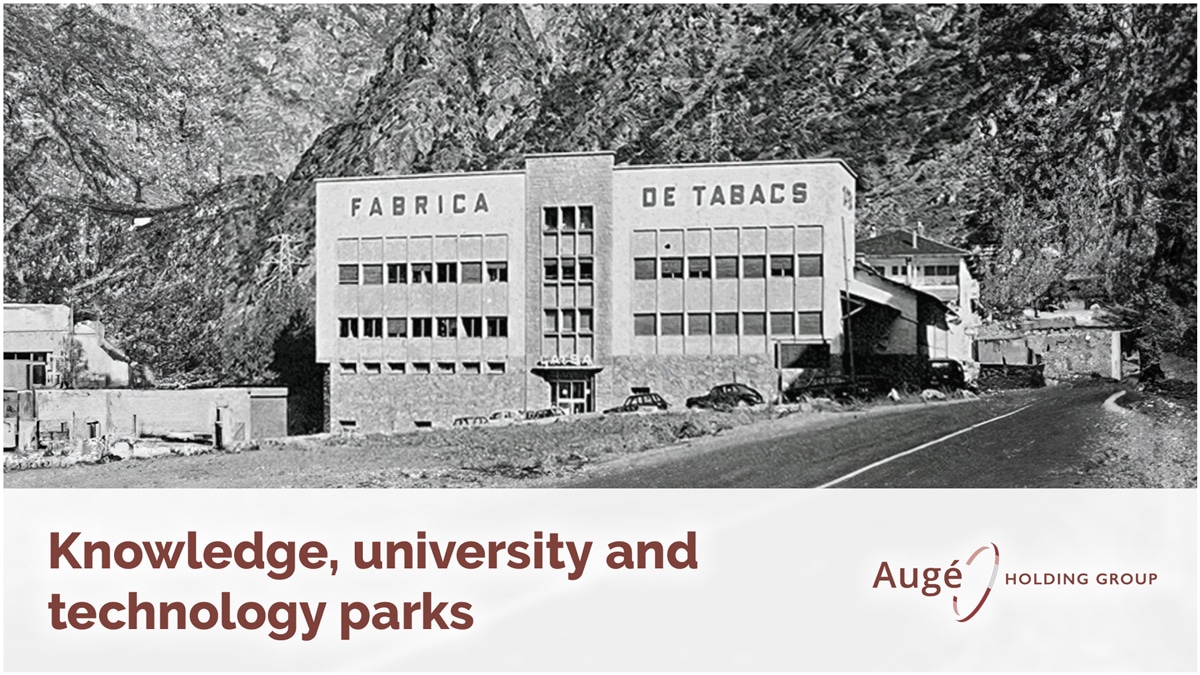Table of contents
ToggleRegulation of games of chance in the Andorran framework
Games of chance have been prohibited for a long time in the Principality of Andorra. The Decree of the “Veguers” of Public Order and Residence of Foreigners, approved in 1929, established the principle of general prohibition of any activity related to gambling, luck or chance and, in general, all those that did not have the purpose of honest entertainment.
Despite this prohibition, and thanks to the influence of neighboring countries (mainly Spain), the game of Bingo was established, under a more traditional form, the “Traditional Quintos”. The latter began to spread as a game practice identical to neighboring states.
With the need to regulate the game of Bingo, the Bingo Game Law of November 28, 1996, was approved, and its regulations were developed in the following years. This legal context has led to the very progressive development of the current legal framework for gambling, first coming into force on January 15, 2015, with Law 37/2014, of December 11, regulating games of chance and its progressive regulatory development and secondly the current Law 4/2021, of March 22, on the consolidated text of regulation of games of chance. However, and in parallel, the Andorran Gambling Regulatory Council was created, an entity with its own legal personality qualified as an administrative authority and dedicated mainly to regulating gambling.
Thus, Law 4/2021, of March 22, of the consolidated text for the regulation of games of chance, establishes the practice and exploitation of games of chance in the Principality of Andorra, distinguishing six categories of games of chance operators, each one based on the various modalities that are exploited and the differences between games of pure chance, lottery, mixed games of chance and ability, both betting and table games.
The law also provides for the regulation of games in person and online and establishes the authorization of the game, through different kinds of licenses that will depend on the exploitation of games of chance, marketing or distribution and related professional activities.
We see a small summary of the most important and basic concepts contained in the law.
OBJECT
The main objective of the Law is to regulate gambling activity in the Principality of Andorra, determining both the supply and consumption of games of chance, as well as guaranteeing their exploitation to prevent excessive gambling, ensure the reliability and integrity of gambling operations and ensure the balanced and sustainable development of the different types of gambling.
AREA OF APPLICATION
The scope of application, regulated in the third article of the Law, extends to all modalities of gambling, to the operators that are licensed for their exploitation in the Principality of Andorra and to all the players who practice them. All activities directly or indirectly related to gambling are also bound by this law, even if they are not included in any of the established categories but which involve risking goods or rights in an activity in which chance is involved.
However, the following are excluded from the scope of application of the Law: simple leisure or recreation games of chance, contests defined as competition that requires wisdom and/or knowledge, recreational machines or similar devices and lastly, promotional lotteries or advertising promoted from abroad.
GAME OF CHANCE MODALITIES
What does the Law mean by “game of chance”? The law in its fourth article establishes as a game of chance “any game in which goods or rights of any nature are risked, with the consequence, either of the loss of the good or the right put at stake of at least one of the players, is of the profit with the benefit of at least one of the players, and for which chance is an element, even if it is accessory, in the development of the game and the determination of the winner or the fixing of the profit.”
There are four major modalities of games of chance that, in turn, can be subdivided according to the corresponding license:
- Pure game of chance: Game based exclusively on luck, whereby a win is announced based on the result, whatever the nature or amount of this win, and where participation is conditioned by a prior financial contribution from the player, in any way.
- Mixed game of chance and ability: game in which one or more players are offered a pact where they risk money on some circumstance, event, combination or other according to which the person who turns out to be wrong or has no success, loses the risked money for the benefit of one or other person.
- Contests involving chance: game modality in which the offer, development and resolution are carried out live or by means of communication, whether by television, radio, telematic or other means, provided that the gambling activity is connected or subordinated to the main activity.
- Raffles, traditional fifth and promotion or advertising lotteries.
Likewise, the fourth article in its second section provides for other definitions, such as: online gambling, casino, bingo, lottery, among others.
OPERATORS, LICENSES AND CLASSES
What type of operator am I? In order to operate or develop an activity based on gambling, first of all, it is necessary to fit into a category of operator or distributor, to later determine the type of license that will be necessary.
Thus, the fifth article determines the six different categories of operators (1-6, which may be a natural or legal person, specifying whether the activity is face-to-face or online) and the two distributor options (main and mixed).
What is the difference between operator and distributor? Mainly, the operator can be a natural or legal person who exclusively exploits the services of different games of chance, while the distributor can also be a natural or legal person, but instead does not operate but markets them.
Is a license necessary? As we previously stated, the Law in its eighth article obliges any physical and legal person interested in exploiting games of chance in the Principality of Andorra to obtain a license that will be issued by the Andorran Gaming Regulatory Council. Therefore, it will be an essential requirement to develop the activity.
There are different types of license (from A-J), which will be conditioned on the type of operators, and these will be of an administrative nature, of a fixed duration and non-transferable.
TAXATION AND TAXES
Is there fiscal and administrative regulation? The application and granting of the license will be subject to the payment of an administrative fee included in article 94. Similarly, the exploitation or development of the activity of games of chance will be subject to tax regulations, and therefore to the Tax on gambling activities, and therefore will effectively be taxed, accrued and settled in the manner provided by law.
In conclusion, gambling in the Principality of Andorra continues to evolve, as does its normative regulation and how it has developed little by little in recent years. Currently, and with Law 4/2021, of March 22, of the consolidated text of regulation of games of chance, the legal framework is defined and structured.
The opening of the new UNNIC casino should not be ignored, the reference comprehensive leisure center with a capacity of approximately 1,500 people, located in the center of Andorra la Vella. Precisely this fact makes the law take on greater prominence today, as it will be a turning point to see if the regulation of gambling is established correctly and the law covers all the legal needs that this new opening implies.
The Management





